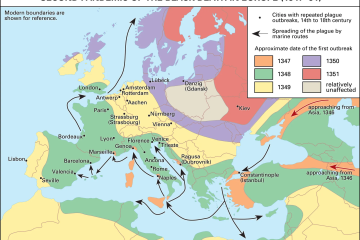Remembering the 7/7 London Bombings: A Day of Tragedy

The Significance of 7/7
July 7, 2005, marks one of the darkest days in British history, when a series of coordinated suicide bomb attacks struck London. The 7/7 bombings resulted in the deaths of 52 innocent civilians and injured over 700 others, profoundly impacting the UK and the broader world. As we commemorate this tragic anniversary, it is essential to reflect on its significance and the changes it brought to national security, community relations, and public awareness of terrorism.
Details of the Attacks
The horrific attacks occurred during the morning rush hour when four bombers targeted the London Underground and a bus. The first three explosions hit the Tube trains, followed by a fourth bomb detonated on a double-decker bus. These attacks were not only devastating in terms of human loss but also served as a wake-up call for the nation regarding the threat of domestic terrorism.
The Aftermath and Response
In the wake of the bombings, the UK government initiated a broad array of security measures, including heightened police presence on public transport and increased intelligence efforts. The event also fostered a nationwide discussion regarding community cohesion, particularly regarding relations between different ethnic and religious groups. It led to a range of initiatives aimed at preventing radicalisation and enhancing local community support mechanisms.
Commemoration and Legacy
Every year, services are held to remember those who lost their lives, and survivors share their stories to honour the spirit of resilience that emerged from the tragedy. The 7/7 memorial in Euston serves as a poignant reminder of the day, where the public can pay their respects. This year marks the 18th anniversary of the attacks, and ceremonies across London will once again focus on reflection and resilience in the face of adversity.
Conclusion
As we remember the 7/7 bombings, it is crucial to acknowledge not only the lives lost but also the ripple effects felt throughout society. The legacy of these attacks continues to shape policy and community relations in the UK. As we look to the future, it is our collective responsibility to promote understanding and commitment towards peace, ensuring that the memories of those affected contribute to a more united and resilient society.








